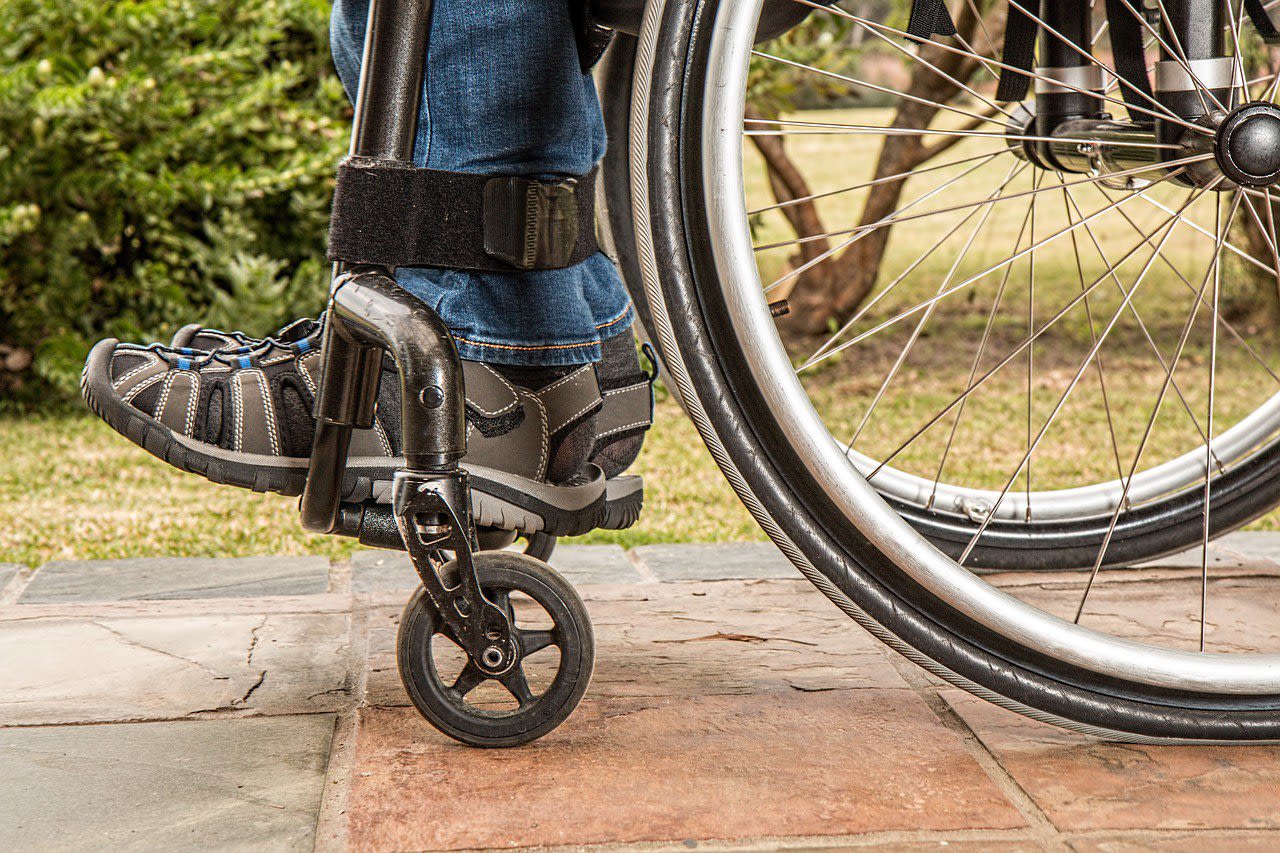
DISABILITY; ARE YOUR BUSINESS INTERESTS PROTECTED?
What fate would your business suffer if you become disabled? Would your company’s finances be secure enough to meet your income needs temporarily or even permanently? Is it likely that business would decline dramatically in your absence?
More than likely, any degree of disability could severely impact your business. As a result, it is imperative to protect yourself and your business from the potential financial problems that can result from a temporary or permanent disability caused by an accident or illness.
Know Your Options
Generally, there are two options for personal disability protection. First, you can purchase coverage through an individual disability income insurance policy, which offers replacement income in the event you are unable to work. As a second option, you may be eligible to purchase group coverage through your business, professional organization, or association. In either case, be sure to analyze each policy’s insuring clause, renewability guarantees, cancellation provisions, and overall benefits to ensure the coverage is adequate for your particular needs and situation.
For business owners, it may be unrealistic to assume that operations will continue efficiently without you and will support you through an extended period of disability. If there is a written salary continuation agreement already in place, you may be able to withdraw operating capital from the business in the form of dividends or continue your salary. However, every dollar withdrawn for personal expenses may jeopardize business cash flow.
It is also important to consider what to do with your business if your disability becomes permanent. This issue may become more complicated if you have co-owners. Even if they continue your salary on a short-term basis, they are unlikely to do so indefinitely. In addition to replacement income, business owners need to plan for the continued success of their companies.
Keeping the Business Alive
Designing a business disability protection plan to cover all possibilities may be the key to the survival of your business. If you are a sole proprietor, consider whether a business overhead expense (BOE) policy is appropriate for your situation. A business overhead policy pays for a variety of business expenses, typically for a period of up to two years, once you become disabled under the terms of the policy. The BOE policy helps ensure bills will be paid when you are no longer able to work.
The second component of the well-designed business protection plan is a disability buy-out policy. If it becomes apparent that you (the owner) cannot return to work, the proceeds from a disability buy-out policy would be used to purchase your (the disabled owner’s) interest.
Last, business owners need to plan for the possibility that a key person may suffer a disability. Key person disability income coverage can protect a business from financial loss by providing funds to replace lost profits and to hire a qualified replacement.
Most businesses are unable to financially support a disabled owner or key employee, even for a short period of time. Thus, your business strategy should include the development of a disability income plan for the benefit of yourself and your business. In doing so, you will help protect your personal and business interests for the long term.
